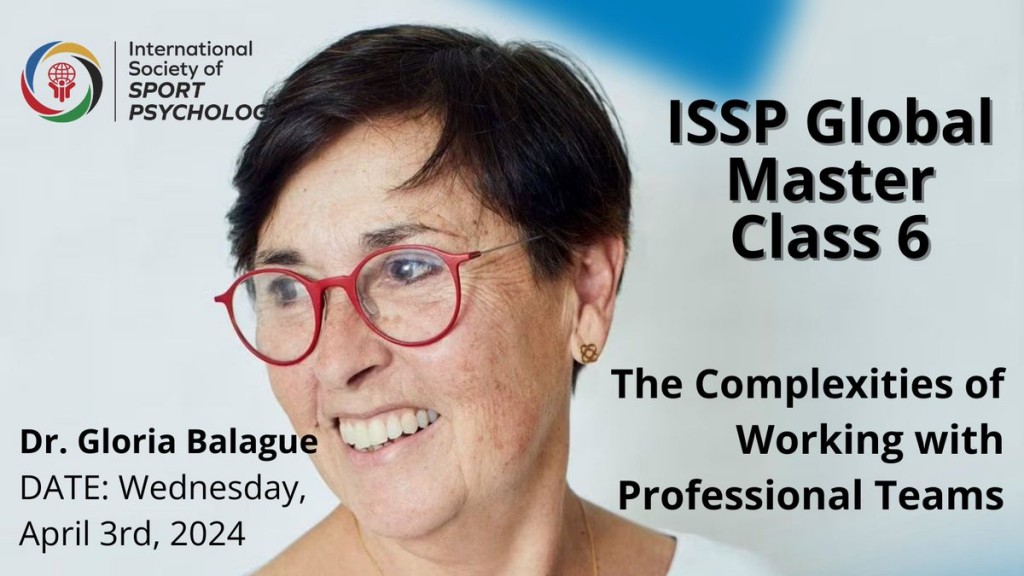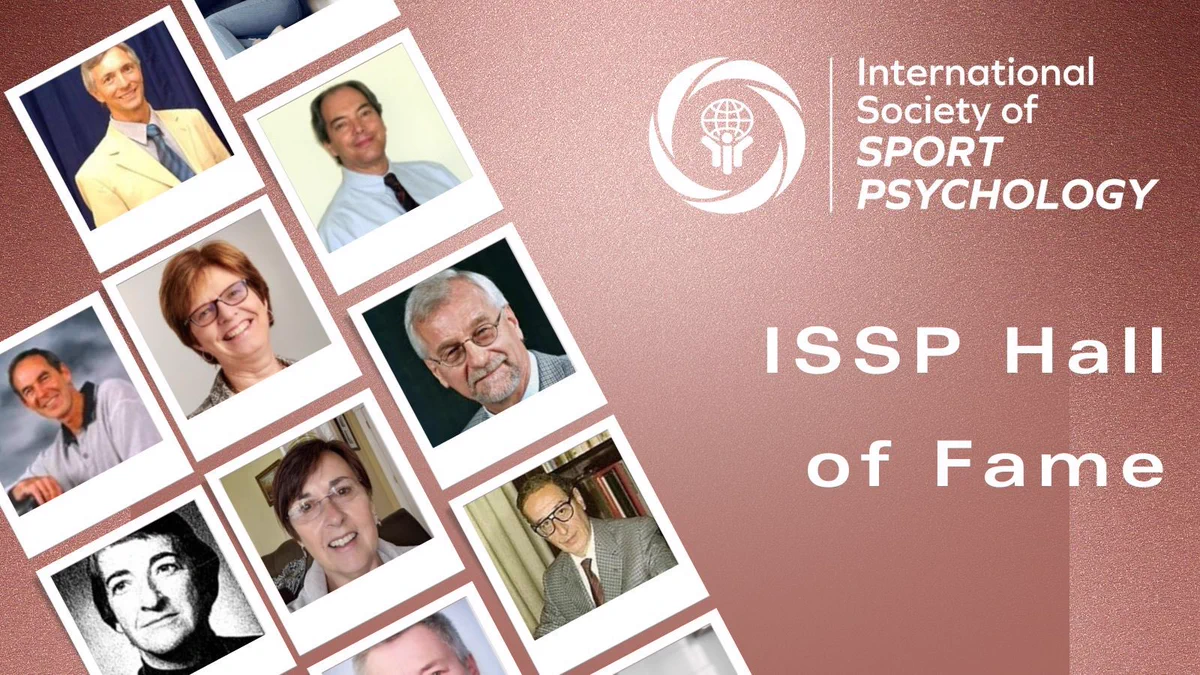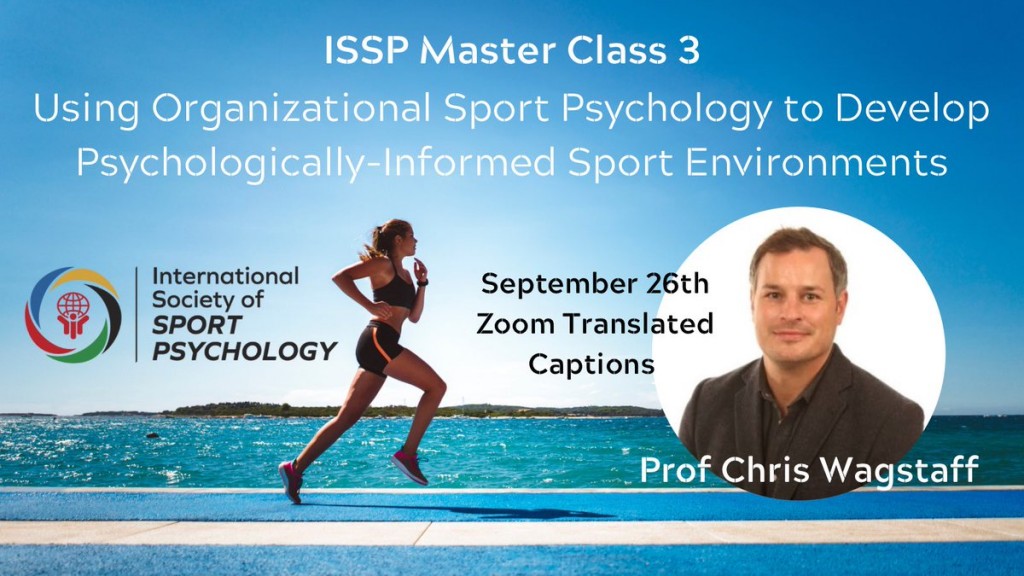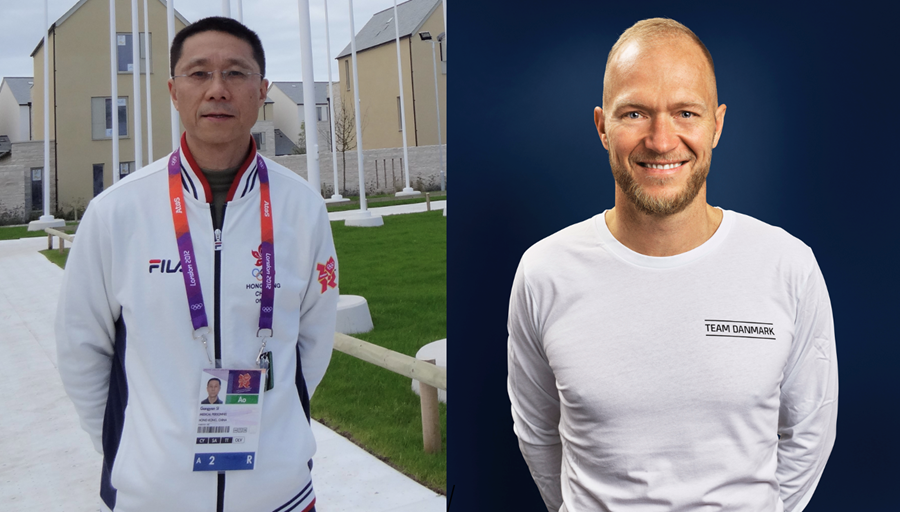Championing Wellbeing: The New and Crucial Role of Sport Psychologists
as Welfare and Safeguard Officers at the Olympic Games
DATE: Thursday, June 18th, 2024
Speakers: Prof. Paul Wylleman
Length of Session: 90 minutes (60-minute lecture, 30-minute Q&A)
Language: English (Translated live captioning available)
Time: 12:00 UTC (New York 8:00, Belo Horizonte, 9:00, Beijing 20:00, Seoul 21:00, Sydney 22:00)
Recordings: Available for 60 days after the lecture
Program Overview
Over the past decade, the role of sport psychology has gained significance in the world of elite sport in general, and at the Olympic level in particular. During this presentation, Prof. Wylleman will provide insight into how athletes’ well-being became a clear point of focus and action for the International Olympic Committee (IOC), National Olympic Committees (NOC), and national elite sport organizations and how this impacted the role of sport psychologists during the Olympic Games. Reflecting on his role as the head psychologist of the Olympic Committee of the Netherlands and as the team psychologist for TeamNL at the 2016 Rio and the 2020 Tokyo Olympic Games, Prof. Wylleman will illustrate how, from a psychological perspective, specific initiatives and actions were taken to support the well-being in general, and in particular the mental health of athletes, coaches and support staff. Contextualized in the role and competence of sport and clinical sport psychologist, Prof. Wylleman will offer an insight into the role, competence and implementation of the accredited position of the ‘NOC Welfare Officer’ and of the Safeguarding Officer in Olympic delegations. After its introduction at the 2022 Being Olympic Games, both functions will now be explicitly present at the 2024 Paris Olympic Games. As sport psychologists are now being asked to take on the role of NOC Welfare Officer and/or Safeguarding Officer in their own national Olympic team, Prof. Wylleman will focus on the requirements, tasks and roles of both positions, as well as on the possible challenges faced by psychologists when taking on these roles. While illustrating Team Belgium’s approach in view of the forthcoming 2024 Paris Olympic Games, Prof. Wylleman will describe his role as team psychologist and NOC Welfare Officer, the strategies implemented to meet the role requirements and the potential challenges associated with the roles. In conclusion, Prof. Wylleman will formulate recommendations on how sport psychologists may optimize their functioning as NOC Welfare Officers or Safeguarding Officers, or on how they could effectively collaborate with one or both during the 2024 Paris Olympic Games. Furthermore, looking forward to the 2026 Milano-Cortina and 2028 Los Angeles Olympic Games, some reflections will be shared on how the emphasis on welfare and safeguarding at the Olympic level may impact the field of sport psychology in general and the development and functioning of sport psychologists in particular.
About the Speakers
Paul Wylleman, Ph.D. Psychology, is a Licensed Clinical Psychologist and full professor of Sport Psychology at the Vrije Universiteit Brussel. His teaching, research, and publications focus on a holistic and lifespan perspective on career development, psychological competencies, mental health and well-being, and interdisciplinary support provision in elite and Olympic sport. Prof. Wylleman heads the university’s dual career department Topsport and Study, the research group Sport Psychology and Mental Support as well as the Brussels Olympic Research and Education Centre (BOREC). Prof. Wylleman is past-President of the European Federation of Sport Psychology (FEPSAC; 2007-2015), the 2017 Distinguished International Scholar of the Applied Association of Sport Psychology (AASP, USA) and Visiting Professor at Loughborough University (UK). From 2014 to 2022, Prof. Wylleman was head psychologist of the Olympic Committee of the Netherlands (NOC*NSF) as well as team psychologist for TeamNL at the 2016 Rio and 2020 Tokyo Olympic Games. Prof. Wylleman is now expert Psychology with the Belgian Interfederal and Olympic Committee (BOIC) and is team psychologist and Welfare Officer with Team Belgium at the 2024 Paris Olympic Games. Prof. Wylleman advises national Olympic Committees and national elite sport organizations on the role and functioning of psychologists and psychology-support provision in elite sport and at the Olympic Games.













